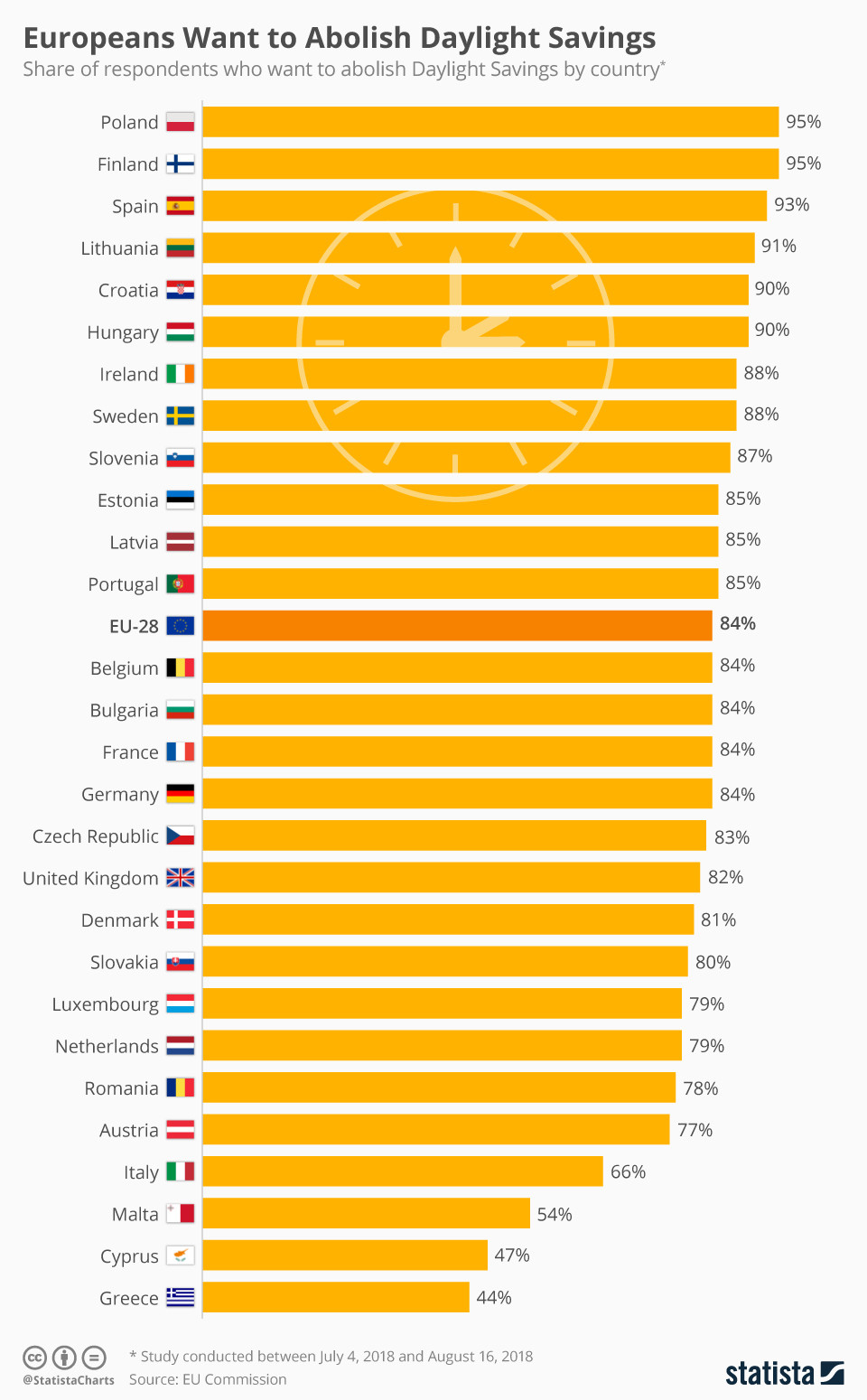Time’s up for daylight saving, say sleep experts

Dark side of daylight saving ... clock changes can affect our circadian rhythm and lead to ill health. Image: Unsplash
- Many countries change their clocks twice a year.
- But scientists from the American Academy of Sleep Medicine have called for an end to the practice, saying it causes disruption to circadian rhythms.
- Disrupted sleep is associated with many health problems, from stress to strokes.
Depending on where you are in the world, your daily dose of sunlight is changing. Compensating for that change by turning the clocks backwards or forwards is common in many countries – but could it be harming people’s sleep patterns?
Scientists from the American Academy of Sleep Medicine (AASM) warn that the adjustment runs counter to the human body’s natural circadian rhythms and they want the practice scrapped.
The human body’s sleep/wake cycle is triggered by exposure to light, and particularly daylight. But one of the effects of daylight-saving is that the early part of the day is darker than usual while the end of the day stays lighter for longer.
Disrupted sleep can have detrimental health effects, the AASM warns. "There is ample evidence of the negative, short-term consequences of the annual change to daylight saving time in the spring," the organization’s president, Dr Kannan Ramar, says. The AASM is “advocating at the federal level” for a legislation change.
Ringing the changes
Twice a year, the clocks in 70 or so countries change by one hour – going forward in spring, and back in fall, or autumn. Most of the world’s major industrialized economies have adopted daylight saving, with the exception of China, India and Japan, and the US state of Arizona.
It isn’t universally popular. In 2018, a European Commission survey found 84% of European Union citizens were in favour of abandoning clock changes. In some countries, the percentage was even higher.
More harm than good?
The US Sleep Foundation estimates that one-third of Americans don't get enough sleep. And while short-term problems with sleep might not seem like a big deal, they can be harmful. Increased stress, mood disorders and memory loss are all associated with moderate sleep deprivation. If the problem persists it can take a heavier toll, leading to hypertension and cardiovascular disease. A report published by the American Medical Association found a possible link between disrupted sleep and the incidence of Parkinson’s Disease in older men.
Supporters of daylight-saving time say that it saves lives and energy and helps prevent crime. Politicians in the US states of Washington and Florida, for example, have moved to enshrine daylight-saving time throughout the whole year.
The AASM, meanwhile, believes that the nation should move to year-round standard time, saying: "Permanent, year-round standard time is the best choice to most closely match our circadian sleep-wake cycle. Daylight-saving time results in more darkness in the morning and more light in the evening, disrupting the body's natural rhythm."
Don't miss any update on this topic
Create a free account and access your personalized content collection with our latest publications and analyses.
License and Republishing
World Economic Forum articles may be republished in accordance with the Creative Commons Attribution-NonCommercial-NoDerivatives 4.0 International Public License, and in accordance with our Terms of Use.
The views expressed in this article are those of the author alone and not the World Economic Forum.
Stay up to date:
Belgium
Forum Stories newsletter
Bringing you weekly curated insights and analysis on the global issues that matter.
More on Geographies in DepthSee all
Naoko Tochibayashi
October 30, 2025







